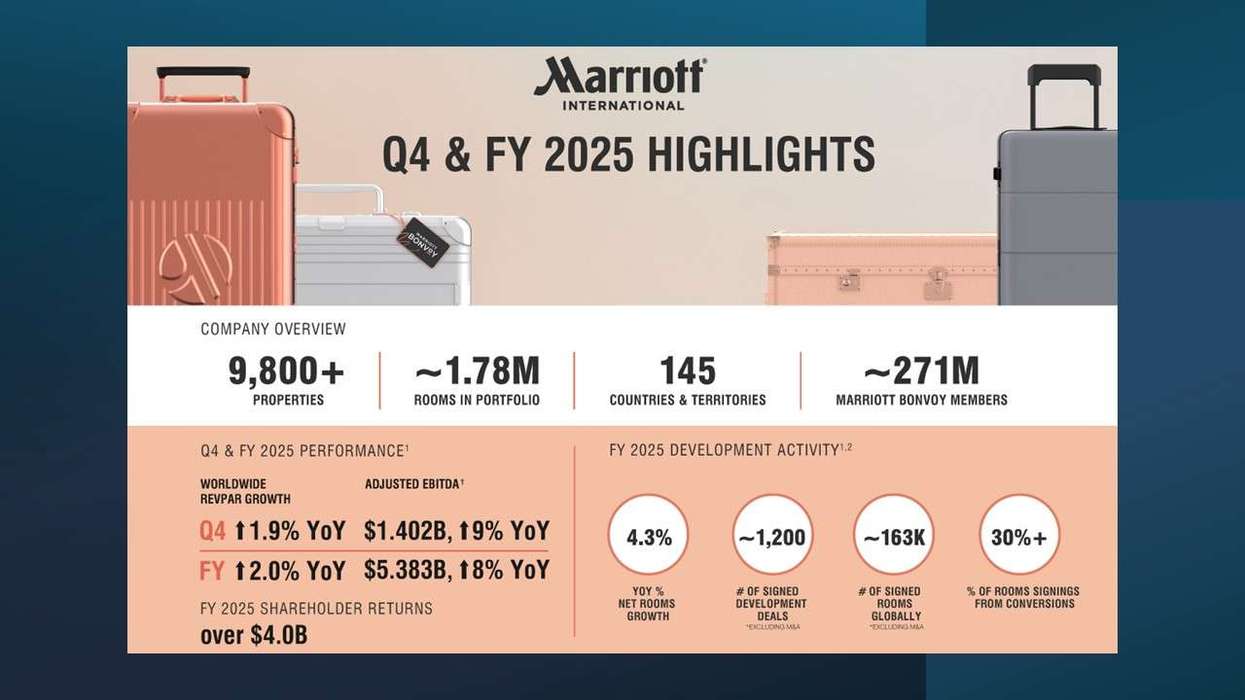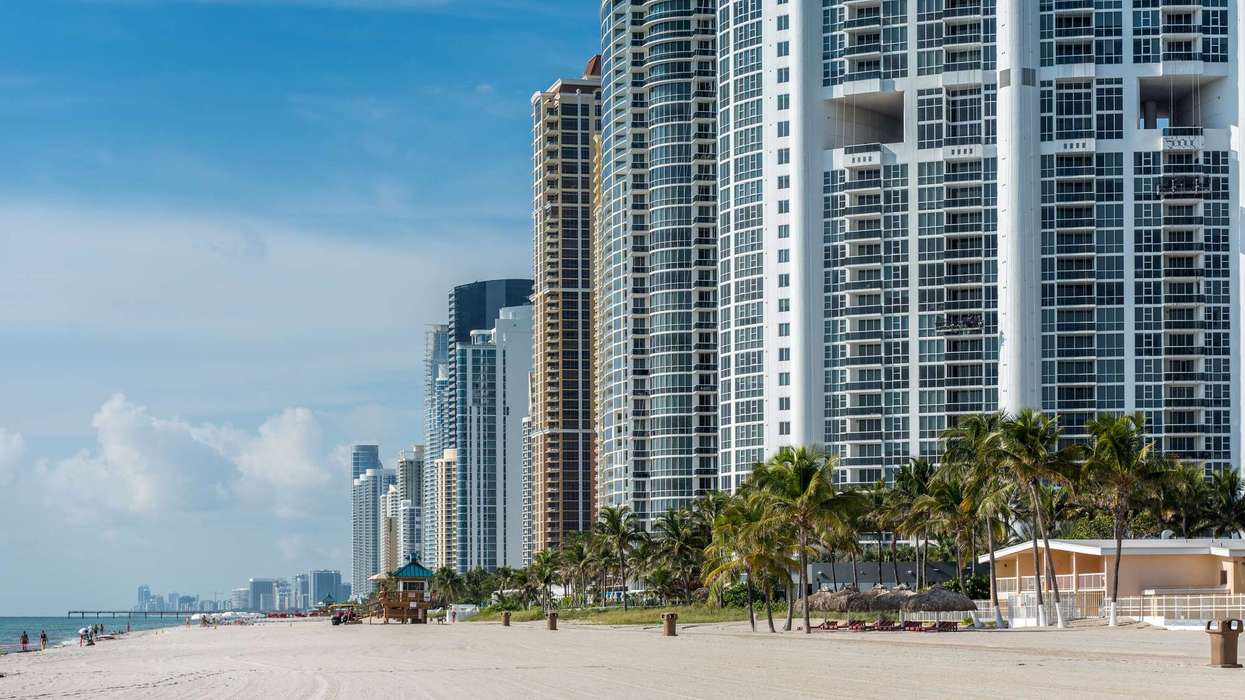THE FINAL FULL week of June was gentle for U.S. hotels as performance rose some again over the previous weeks. The year-over-year declines also were less severe.
For the week ending June 27, occupancy stood at 46.2 percent, up from 41.7 percent the previous week but down 38.7 percent. ADR was $95.37, up from $89.09 the previous week but down 29 percent year over year. RevPAR rose to $44.03 from $37.15 the previous week but down 56.5 percent from 2019.
Performance data from the nation’s top 25 markets showed slightly different results. Occupancy for all the markets together was 40 percent, lower than the national average, and ADR was slightly higher at $95.43.
Norfolk and Virginia Beach, Virginia, was the only major market to reach exceed 60 percent occupancy, finishing at 61.4 percent. Detroit and Tampa, Florida, exceeded 50 percent with 52 percent and 51.1 percent respectively.
Once again among the lowest occupancy rates for the country was Oahu Island, Hawaii, at 15 percent. Boston was at 27.5 percent and Orlando, Florida, stood at 28.9 percent. New York’s dropped to 42.4 percent from 43.6 percent the week prior, and Seattle’s occupancy was flat at 33.2 percent.
STR also released data on short-term rental properties in Nashville, Tennessee, for May as part of a pilot study. The sample for the study includes multi-family and single-family short-term rentals primarily near downtown, East Nashville and West End.
Occupancy for the sector increased 83 percent from April, reaching 49.4 percent. In April, short-term rental occupancy fell to 27 percent. Nashville’s short-term rental occupancy for May also came in higher than the 30.1 percent recorded by hotels in the market.
Despite the occupancy increase, ADR for short-term rentals dropped to $64.79 in May, which was down 17.9 percent compared to April’s $78.91. ADR for Nashville hotels increased slightly in May, up 4.8 percent from April to $74.79.





